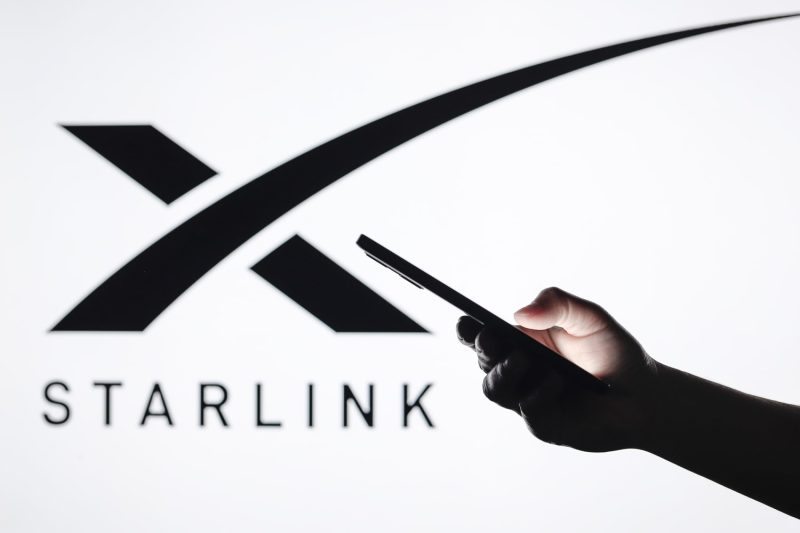Elon Musk’s Starlink Initiative: Revolutionizing Connectivity in Disaster-Stricken Regions
Elon Musk, the visionary entrepreneur behind companies like Tesla and SpaceX, has embarked on a new mission to provide high-speed internet access to rural and disaster-stricken regions around the world through his Starlink initiative. This ambitious project aims to bridge the digital divide and bring connectivity to communities that have traditionally been underserved or overlooked by traditional internet service providers.
One of the key objectives of Starlink is to provide reliable internet access to areas that have been ravaged by natural disasters, such as hurricanes, wildfires, or earthquakes. In these situations, communication infrastructure is often destroyed or compromised, leaving residents without access to essential services and information. By deploying a constellation of low-earth orbit satellites, Starlink can rapidly restore communication capabilities in affected regions, enabling residents to connect with loved ones, access emergency services, and stay informed about the situation.
The deployment of Starlink in disaster-relief efforts has not only practical implications but also political repercussions. In situations where governments or local authorities have been slow to respond to emergencies or have been unable to provide adequate support, Starlink has emerged as a lifeline for communities in need. This has sparked debates about the role of private companies like SpaceX in disaster response efforts and the extent to which they should be involved in providing essential services traditionally considered the domain of the government.
Moreover, the rapid deployment of Starlink in disaster zones has raised questions about data privacy and security. Given that Starlink operates through a network of satellites, there are concerns about the potential vulnerabilities of the system to cyber attacks or data breaches. As such, there is a need for robust safeguards and protocols to ensure the privacy and security of users’ information, particularly in sensitive and high-risk environments like disaster-stricken areas.
Despite these challenges, the Starlink initiative represents a groundbreaking development in the field of connectivity and disaster response. By leveraging innovative technologies and a global network of satellites, Elon Musk and SpaceX have demonstrated the potential of private-sector actors to address pressing social and humanitarian challenges. Moving forward, it will be crucial for policymakers, regulators, and stakeholders to work together to harness the full potential of initiatives like Starlink while safeguarding the interests and rights of those who stand to benefit most from expanded internet access in times of crisis.
